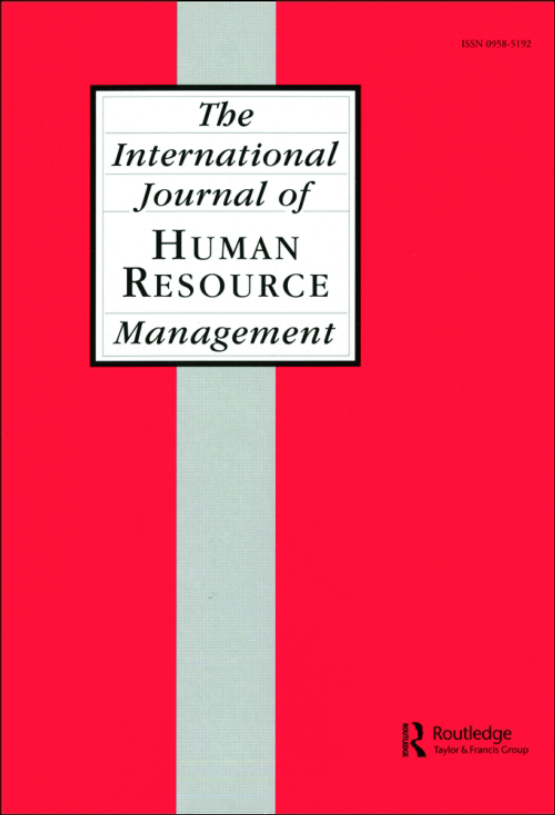Submit a Manuscript to the Journal
The International Journal of Human Resource Management
For a Special Issue on
Alternative Work Arrangements: The Role of HR in Responding, Managing and Championing
Manuscript deadline
01 July 2024

Special Issue Editor(s)
Alfred Presbitero,
Deakin University, Australia
[email protected]
Karin Sanders,
University of New South Wales, Australia
[email protected]
Andrew Dhaenens,
University of New South Wales, Australia
[email protected]
Huadong Yang,
University of Liverpool, UK
[email protected]
Denise M. Rousseau,
Carnegie Mellon University, USA
[email protected]
Alternative Work Arrangements: The Role of HR in Responding, Managing and Championing
We seek studies that present fresh conceptual frameworks and empirical evidence on how HR can be champions of alternative work arrangements. Tapping into the different HR practices, we are interested in advancing knowledge on how HR has proactively considered alternative work arrangements in the following HR practices:
• In terms of recruitment, what initiatives has HR taken to effectively convey current and emerging work arrangements to prospective applicants?
• In terms of work design, how has HR partnered with line managers in effectively aligning tasks with alternative work arrangements?
• In terms of training, how has HR supported employees to build capabilities to constantly adapt to alternative work arrangements?
• In terms of rewards, has HR developed initiatives to reward positive behaviors related to alternative work arrangements?
• In terms of career development, how has HR facilitated mentoring and career advancement of employees in light of alternative work arrangements?
• In terms of employee relations and HR process, how has HR communicated and signaled support for alternative work arrangements to line managers and employees?
By examining the role of HR in responding to, managing, and advocating for alternative work arrangements, we hope to reexamine the well-studied HR functions within organizations as strategic partners, change agents, administrative experts, and employee champions (Ulrich, 1997). Doing so will generate significant implications for the future of work with HR at the forefront.
Looking to Publish your Research?
Find out how to publish your research open access with Taylor & Francis Group.
Choose open access